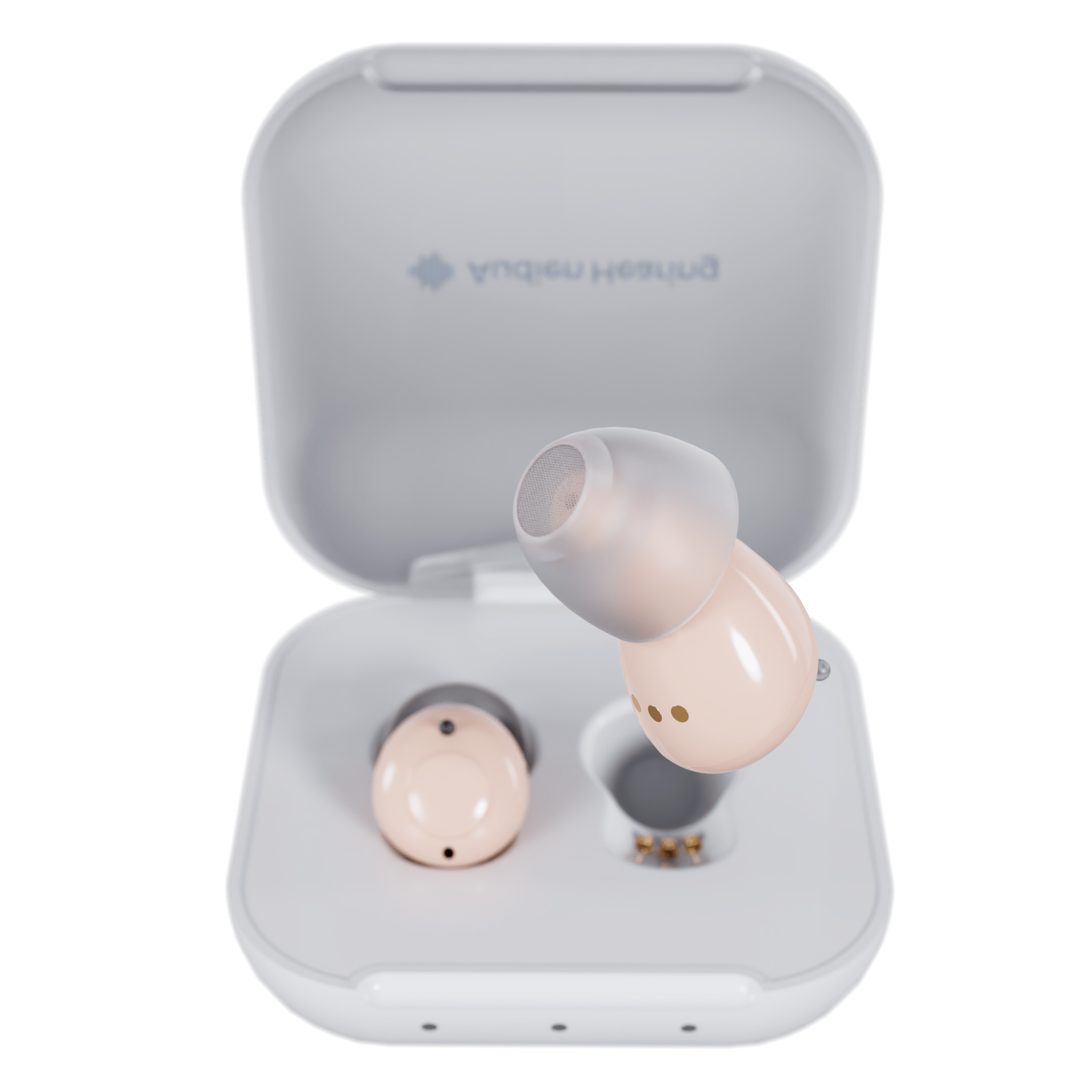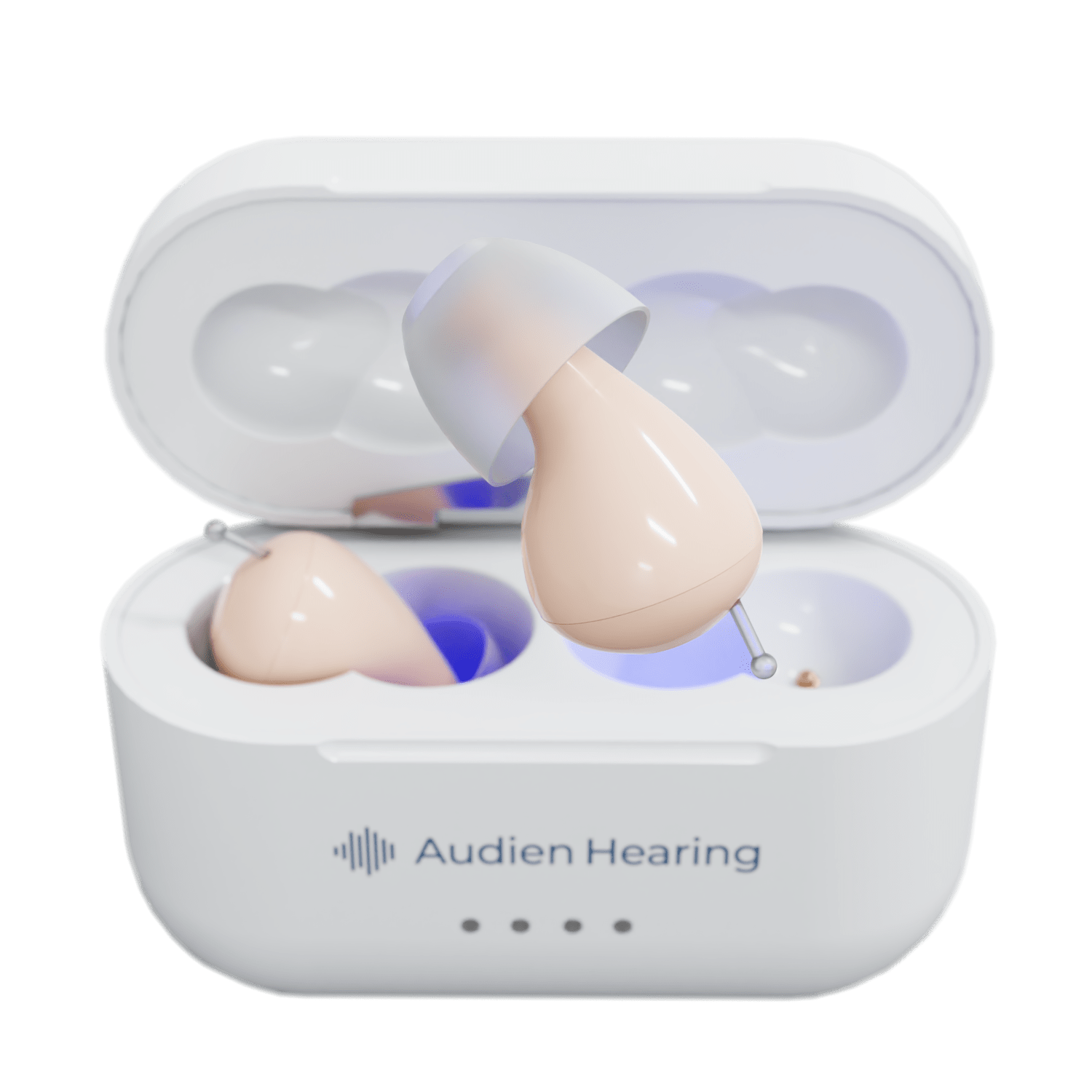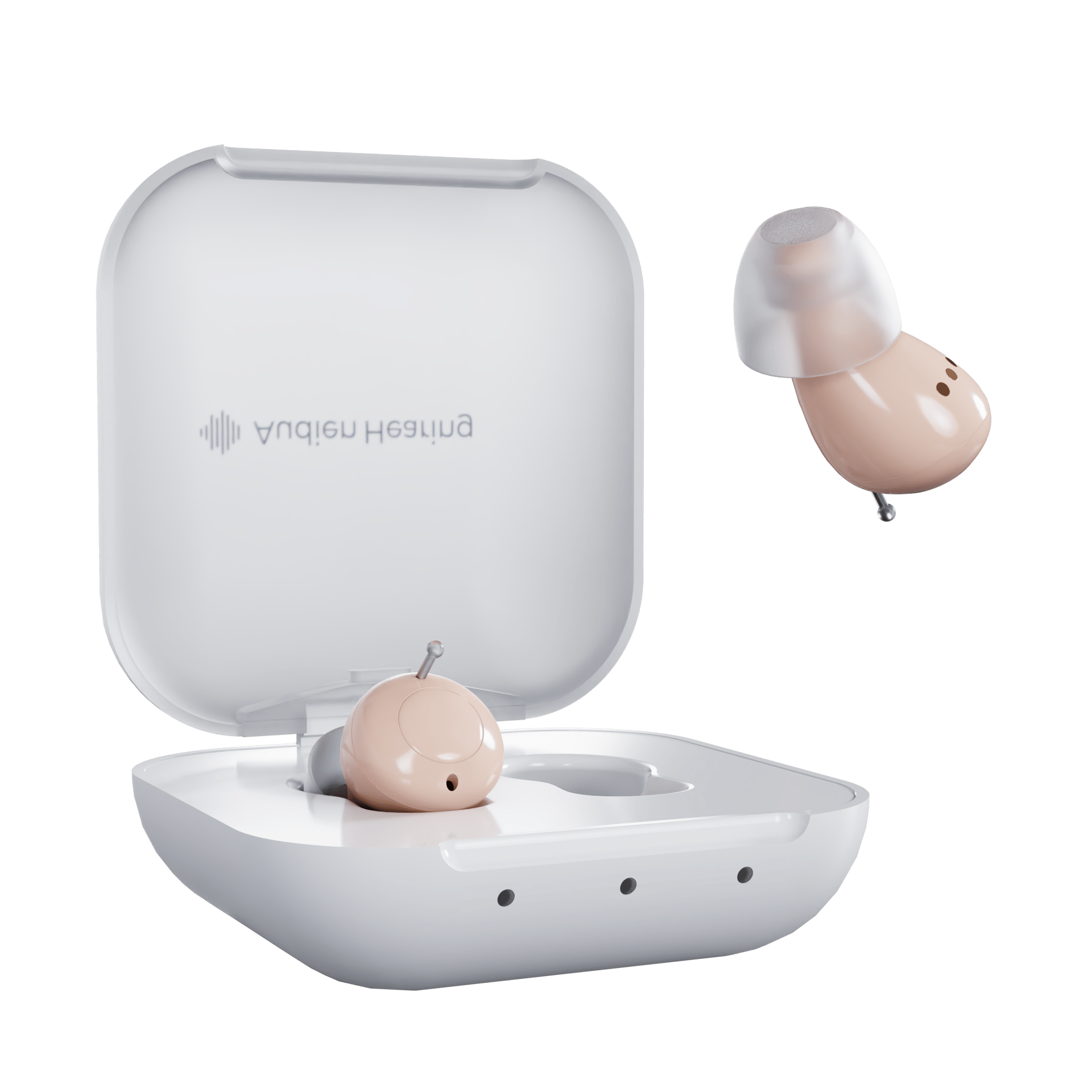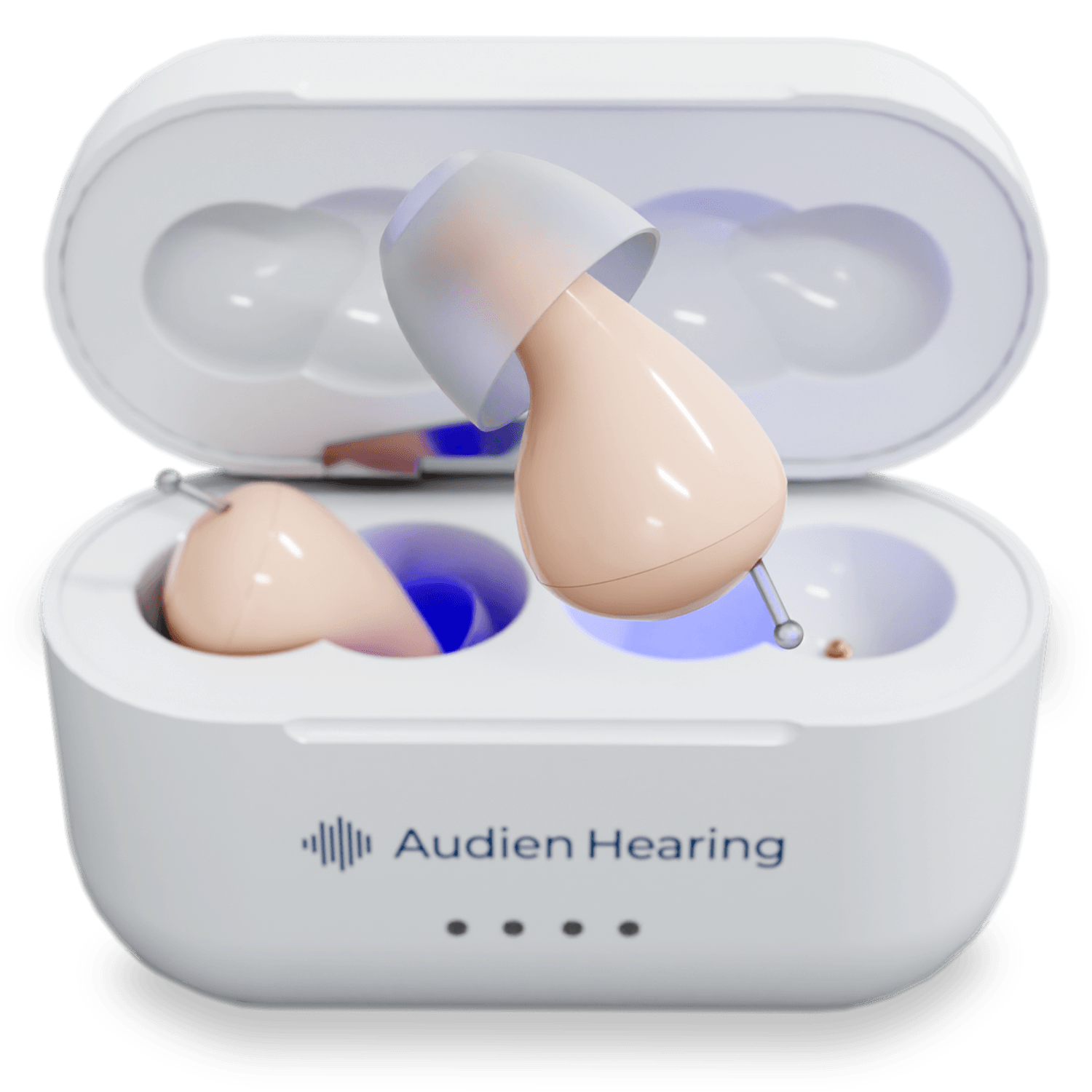
Tinnitus is an ear condition characterized by hearing a noise in the ear when there is no external noise. Tinnitus noise is internal and can only be heard by the tinnitus patient.
The noise can be severe or mild, intermittent or constant, and it can be heard as a humming sound, whirring, ringing, clicking, hissing, whistling, buzzing, whooshing, or grinding sound. Some tinnitus sounds can also have musical tunes or can beat with the same rhythm as your pulse.
In whatever form tinnitus noise comes, it can be very discomforting. While some patients can carry out their normal activities without the tinnitus causing any hindrance, people with severe tinnitus may experience difficulty in their daily lives, have issues concentrating, or engage in conversations.
They also find it difficult to sleep (insomnia), and this can lead to psychological problems. Sensitivity to noise and difficulty hearing can also be experienced.
As stated earlier, while tinnitus may not sign underlying severe health issues, it can be discomforting. If you have tinnitus, you may be wondering if it is temporal or permanent.
The answer is "Yes" and "No.” Tinnitus can be temporary or permanent.
To determine whether or not your tinnitus will go away, certain factors should be considered.
The Cause

The primary determinant of whether your tinnitus can go away is the cause. Knowing the cause of the tinnitus will help you ascertain the level of damage done to the ear, which will help you understand if the ear will heal.
One of the significant causes of tinnitus is loud noise. Exposure to a high level of noise for an extended period can damage your ear. Noise from loud music, explosives, firearms, and heavy equipment can cause varying degrees of damage to the ear.
If the exposure to the noise is for a short period, the damage may be temporary. For instance, after a night at a club or concert, you may experience tinnitus, but the tinnitus will disappear after a while.
If, however, the noise exposure is for an extended period, the damage can be permanent.
Asides from noise exposure, other factors can lead to tinnitus. If your tinnitus is caused by blockage from growth or the build of earwax, it means the tinnitus is temporary.
If the blockage is removed, the tinnitus will disappear.
Once the cause of the tinnitus is known, you will know if the tinnitus is temporary or permanent.
The Sound
The sound of the tinnitus can tell you if it's permanent or temporary. If the sound can be heard by someone else, especially with a listening device, there is every likelihood that the tinnitus is temporary. If, however, you are the only one that can hear the sound, the damage may be permanent.
The volume of the sound can also help you determine if the tinnitus is temporary. Permanent tinnitus tends to be much louder.
The Time
The tinnitus’s duration and frequency are another way to tell if the tinnitus is permanent or temporary. It is, however, essential to note that this is dependent on the cause of the tinnitus.
If the tinnitus lasts long for months or years, there is every tendency that it is permanent. But if it occurs in short intervals or for just a short period, it may fade away.
Signs that Your Tinnitus is Going Away
Like pain, tinnitus is subjective; this means that even though two people have the same type of tinnitus, each person’s effects may vary.
This difference is often based on how each person reacts to the situation. But the effect notwithstanding, it is always a relief to know that your tinnitus is finally going away.
Certain signs can herald the exit of tinnitus. While tinnitus may just disappear, you may require a medical procedure to deal with the tinnitus causes. These procedures are often successful, especially for temporary tinnitus.
Below are some of the signs that your tinnitus is going away.
1.Reduction in Volume
The tinnitus noise can come in different forms and at different volumes or pitch. The noise can be high-pitched or low-pitched loud or muffled. People with loud tinnitus often hear it above every other noise in the environment.
When the tinnitus is going away, you will notice that the volume of the noise will reduce. The noise may go from loud ringing to a hissing sound, which can only be heard in a tranquil environment and can be ignored.
If the tinnitus affected both ears, you will notice that the high-pitched noise in both ears can now be heard as white noise in just one ear. This will get quieter and quieter until it gradually fades away. You may not even be able to tell when the tinnitus stopped.
2. Relief of Symptoms
The common symptoms associated with tinnitus are fatigue or stress, memory problems, difficulty sleeping, anxiety, irritability, depression, and trouble concentrating.
The reduction of the tinnitus volume can cause some of these symptoms like anxiety and irritability to disappear.
If you notice that you no longer feel most of these symptoms or the severity has reduced, there is every likelihood that your tinnitus is going away.
For instance, if your tinnitus is the type that usually gets louder when you lay down, thereby causing difficulty to sleep, but you can now sleep without it bothering you, it's a sign that the tinnitus is going away.
3. Reduction in Frequency
Most tinnitus patients complain that the noise is always there. It's there when they are sleeping, walking, reading, and throughout the entire day; if your tinnitus is like this, then a break in the frequency of sound could sign that the tinnitus is going away.
You will notice that there are periods every hour when the noise disappears for a while and surfaces again. This is often accompanied by a reduction in the volume of the tinnitus.
The sound may even disappear for days and return, but the severity will be reduced. After a while, the tinnitus may go on one of such breaks and never resurface.
What Worsens Tinnitus?
Knowing the signs that your tinnitus is going away, it is important to identify things you shouldn't do when you have tinnitus. Doing these things can worsen your tinnitus and also jeopardize the progress of healing tinnitus.
1.Exposure to Loud Noise
This is a significant cause of tinnitus. It should be avoided if you have tinnitus because constant exposure to loud noise can permanently damage your eardrum, leading to deafness.
Suppose the source of the loud noise is at work, probably from machinery or musical equipment. In that case, you should protect your ears by wearing earplugs as constant exposure to loud noise can make your tinnitus degenerate from being temporary to permanent.
2. Smoking
Cigarettes contain nicotine and other products that can worsen tinnitus. Also, when you smoke, the blood vessels that bring oxygen to the ears can become narrow, leading to an increase in blood pressure.
Due to the increase in the pressure of blood flow, the tinnitus noise can become louder.
Putting a stop to smoking is a great way to ensure that your tinnitus goes away.
3. Blood Pressure
If you have tinnitus, keeping your blood pressure at a regular rate is essential. High blood pressure can put more strain on the ear’s nerves and cause the sound to increase. But low blood pressure can also worsen tinnitus.
We advise you to have your doctor monitor your blood pressure.
4. Alcohol

Most tinnitus patients are advised to stay off alcohol because it can worsen the symptoms. The components of alcohol cause dehydration and an increase in blood pressure.
Excruciating headaches often accompany the hangover experienced after consuming alcohol; this can make tinnitus unbearable.
5. Certain Foods
If you have tinnitus, there are certain foods you should avoid because they worsen tinnitus symptoms.
Here are some foods you should avoid.
- Coffee: The caffeine in coffee triggers stress, and stress is one of the substances that aggravate tinnitus. Reducing your coffee intake will give you some relief from tinnitus.
- Salt: Salt contains sodium chloride, which can worsen tinnitus. Sodium chloride reduces blood flow to the cochlea, restricts blood vessels, and increases blood pressure.
Reduce your salt intake and also avoid processed and pre-packaged foods.
- Artificial Sweeteners: Sucralose and saccharin are some artificial sweeteners that you should avoid if you have tinnitus. They should be substituted with Stevia and Xylitol; these are safe to use.
- Flavor Enhancers: Flavor enhancers like monosodium glutamate (MSG) and Aspartame should be avoided. They are capable of over-exciting neurons until they die.
- Saturated Fats and Trans-fats: These types of fat have adverse effects on the body and can worsen tinnitus. They reduce the good cholesterol in the body and increase the bad one (LDL). They can also cause atherosclerosis, which reduces blood flow and can cause a stroke or heart disease.
Ultimately, this will prevent the delivery of nutrients and oxygen to the ear and prevent toxins from the inner ear.
If you have tinnitus, replace Saturated fat with unsaturated fat from fish, nuts, and vegetables.
6. Stress

Stress can worsen the frequency and volume of the tinnitus noise. Avoid strenuous activities. Whenever you notice tension, find ways to relax like deep breathing, massage, acupuncture, and mild exercise.
If none of these helps to relieve the stress, you should visit your doctor.
Conclusion
Having known the signs that your tinnitus is going away and factors that can worsen tinnitus, it is essential to avoid anything that can cause temporary tinnitus to linger. As with other health conditions, we do not advise self-medication for tinnitus.
Even if the cause of your tinnitus is an earwax blockage, don't try to remove it by yourself; you will only worsen the situation and cause permanent damage to your ears. Book an appointment with an ENT doctor and let the doctor identify the tinnitus’s cause and prescribe treatment where necessary.
Did you have tinnitus in the past? What signs did you experience before it disappeared? Share with us at Audien Hearing in the comment section.















